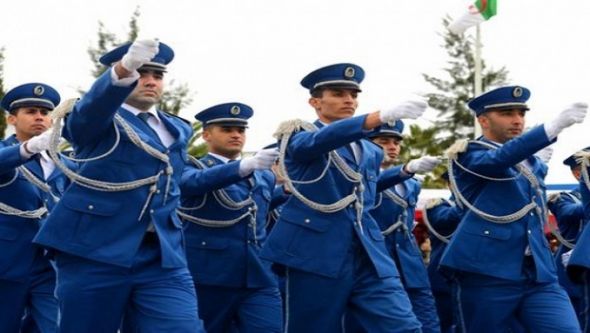Mandela was never shy to tell audiences that he was the first uMkhonto weSizwe combatant to receive military training in Algeria in March 1962
A popular refrain from African immigrants wishing to be granted a free pass into South Africa, with or without travel documents, is that “we helped you achieve your freedom”. One country that stands clear of this claim but which has contributed immensely to the South African liberation struggle is Algeria.
Nelson Mandela was never shy to tell audiences that he was the first uMkhonto weSizwe (MK) combatant to receive military training in Algeria in March 1962. Past Algerian ambassador to South Africa Noureddine Djoudi was the official English translator for Mandela.
The training took place at the headquarters of the Algerian National Liberation Front in Oujda, across the border with Morocco.
Released from prison in February 1990, Mandela was back in Algeria in May, hardly before three months was up.
In a speech in Algiers he pledged allegiance to the North Africans, again reminding them that after his military training in the ’60s: “I went back home feeling that I was a man.”
Present Algerian ambassador to South Africa, Abd-El-Naceur Belaid, remembers this and tells the story passionately, with the modesty not to say “we helped you achieve your freedom”, as many are wont to brag.
Belaid says Mandela’s trip to Algeria was preceded by a meeting between the leadership of the ANC and the Algerian freedom fighters.
“The Algerian liberation served as an inspiration to the whole of Africa,” he says.
He says Algeria never considered herself truly free until all of Africa was free. The geographic locations of both countries was a military advantage the freedom fighters leveraged: “Remember South Africa was surrounded by independent, small (Frontline) states and a hostile Rhodesia.”
But Algeria’s empathy for the South African struggle for liberation did not begin only with Mandela’s training in 1962, Belaid says.
He cites the Bandung Conference of the Non-Aligned Movement in 1955 and the Pan African meeting of 1957 in Accra, Ghana, convened by Kwame Nkrumah as examples of his country’s compassion for a free South Africa in particular and the continent in general.
He recalls that in 1957 Nkrumah had already recognised Algeria as an independent state and accorded Frantz Fanon the status of ambassador of Algeria, “long before our actual independence.”
Asked why Algeria took an interest in the affairs of others, Belaid harks back to “23 centuries ago, in the days of King Massinissa”. It was King Massinissa, he says, who maintained that “Africa [was] for Africans”, the ambassador insists.
“Algeria put the total liberation of Africa as a priority,” he says.
Kenneth Kaunda has always acknowledged the role Algeria played in his Zambia, and so has Sam Nujoma of Swapo and the late Samora Machel, he says.
“In 2015 at the Steve Biko Lecture in Unisa, [past Mozambican president Joaquim] Chissano paid tribute to the role played by Algeria in their liberation,” says Belaid.
Why was Algeria so altruistic for the freedom of others? The ambassador invokes Amilcar Cabral:
“The Catholics go to the Vatican; the Muslims go to Mecca but the freedom fighters go to Algeria.”
It was Algeria, as chair of the 29th session of the UN General Assembly in 1974 that saw to the expulsion of apartheid South Africa from the UN, Belaid says.
The chair of this specific gathering was then Algerian foreign minister Abdelaziz Bouteflika. Now 81 and president, Bouteflika is ailing.
Belaid says Algerians are content to watch as revisionists try to rewrite history and claim to have helped free South Africa.














